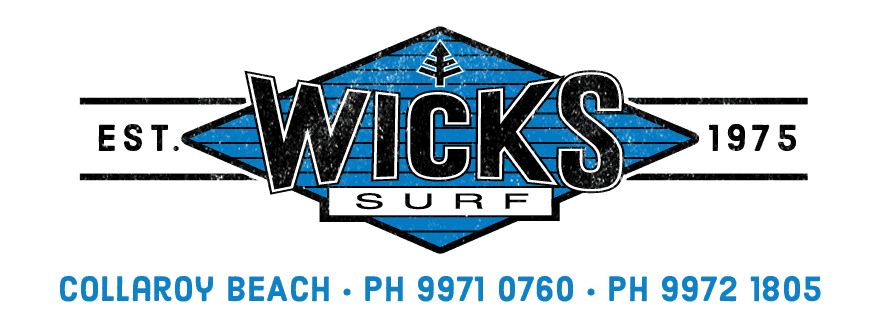Yulex - Patagonia bring us the world's first neoprene-free wetsuit
Introducing the world’s first neoprene-free wetsuits.
Made with natural rubber derived from sources which are Forest Stewardship Council® certified by the Rainforest Alliance.

"Surfers have been relying on neoprene since the ’50s, but it’s a non-renewable material with an energy-intensive manufacturing process. Now we’ve finally found a way to make it a thing of the past. For the last eight years, Patagonia has been pioneering and proving the use of natural rubber in wetsuits—and sharing our groundbreaking R&D work with the competition to help the industry shift to cleaner and better materials. This season marks our biggest leap yet.
By introducing the world’s first neoprene-free wetsuits, we’re reducing the CO2 emitted in the polymer manufacturing process by up to ~70% compared to conventional neoprene. It’s a radical change that’s giving surfers a chance to choose plants over petroleum and renewables over non-renewables. And by inspiring and implementing solutions to the environmental crisis, it’s a mission-driven initiative that embodies our purpose as a company. After 60 years of neoprene dependency, it’s high time to set surfing free." - Patagonia.
Patagonia's new, neoprene-free Yulex® wetsuits feature 85% natural rubber by poly-mer content, replacing a petroleum-based material with a plant-based one for significantly reduced CO2 emissions in the manufacturing process. They blend it with 15% synthetic rubber polymer for increased ozone and UV resistance to meet their rigorous demands for durability and strength.

The Yulex emulsion removes 99% of impurities and delivers a stronger, nonsensitizing natural material. Plant sources are irrigated by ambient rainfall and a recycled water supply is used in manufacturing.

Our natural rubber comes from plants grown and harvested in a certified carbon-neutral cycle. Using natural rubber polymer in place of energy-intensive neoprene means up to 70% less CO2 is emitted in the manufacturing process.

The highest possible recycled polyester content in our interior and exterior linings lessens our use of petroleum to make a virgin polyester while repurposing scrap material from the waste stream.

Certified to FSC standards by the Rainforest Alliance, our natural rubber sources are compliant with strict social and environmental guidelines for forest management.
Recycled Polyester
Linings that cause less environmental harm.
Patagonia constantly strive to minimize the impact of what they do. From a design perspective, that means looking at every aspect of a product and engineering it to cause less environmental harm.
Another way they’ve done this is by sourcing recycled polyester for their wetsuit linings. It offers the same warmth, stretch and dry time as virgin polyester, but it’s a more responsible choice. Virgin polyester is a petrochemical derivative, so using as the highest recycled content possible lessens our reliance on petroleum to make raw materials while repurposing scrap material from the waste stream.
Patagonia use lightweight, high-stretch 100% recycled polyester jersey throughout the whole Yulex Wetsuit range (R1 Lite, R1, R2 and R3).
In addition the arms and legs in the Yulex range offer 100% recycled polyester and the thermal lining in the body of the range is 55% recycled polyester. The exterior face fabric on all the Yulex suits is 85% recycled polyester and 15% spandex.

Field Testing
"It's how we know our wetsuits are ready for production." - Patagonia
Patagonia's field testing program serves as a detailed source of in-water assessment. Before any of thier new designs make it to shops, they’re surfed non-stop by Patagonia's ambassadors and testers in everything from head-high Australian points to maxing Chile and Northern California.
If a prototype suit doesn’t stretch enough, doesn’t stay warm on a trip to colder climes or has a seam placement issue that prevents extended surf or kite sessions, they'll hear about it right away—and then it’s straight back to the drawing board.
To Patagonia, wetsuits should help surfers perform to their highest potential and hold up to the many rigours of all-out use. Field testing is a real-life rubbish filter—a way of checking their suits against their claims and making sure the designs, materials and construction methods are worthy of their Ironclad Guarantee.




